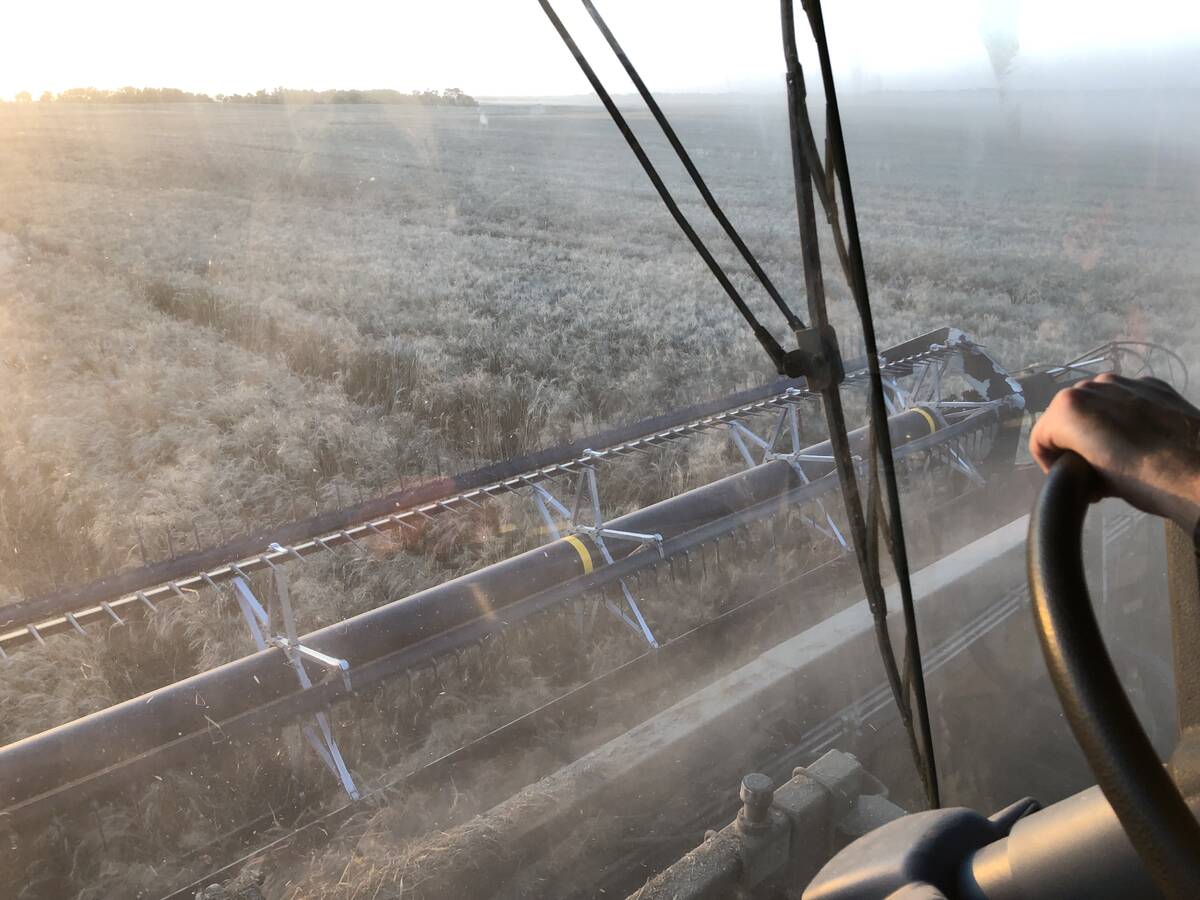With high input costs and low grain prices, farmers’ net profits are looking slim.
Under these conditions many are interested in reducing chemical and fertilizer use, so some farmers are giving more thought to organic production as a way of increasing net income.
Most of my transition to organic agriculture occurred during the late 1980s when the weather was dry and grain prices were low. It wasn’t hard to choose organic production under those conditions. In hindsight it was the ideal time to go organic.
Read Also

Mail strike disrupts grain sample delivery
The Canadian Grain Commission has asked farmers to consider delivering harvest samples directly to CGC offices, services centres or approved drop offs as Canada Post strike delays mail.
But if I were a conventional farmer now considering converting, I would want a lot more information about organic production and marketing.
Until recently, organic agriculture has received minimal government support. Universities and researchers have at times been critical and unsupportive of organic production. Much of what has developed on the Prairies is due to the determination and innovation of farmers.
I realize most farmers are still skeptical of organics. And considering the lack of research, information and support for it, this is not surprising.
But even if you are a skeptic and convinced you can’t farm without chemicals, consider that humans have been practicing agriculture for about 10,000 years. China until recently has farmed large tracts of land organically and productively for several thousand years.
Most farming on the Prairies before the Second World War was without synthetic fertilizers and chemicals, so it might be a little short sighted to have decided in the last 50 years that the only way to farm is to use chemicals and fossil fuels.
I am not suggesting we can adopt the Chinese agricultural system in Western Canada, nor am I advocating that we all return to the “good old days” of our grandparents.
I do suggest that we invest more public research dollars into alternative, lower-input sustainable farming systems like organic.
It should be public research dollars, because I don’t think the private sector can or should do it for us. Their focus is often too narrow and they are unlikely to develop solutions to weed and insect pest problems and soil fertility that don’t involve purchasing their products.
Relying on chemical companies to provide solutions to various problems will ensure that you don’t get solutions that use fewer farm inputs.
Let’s look at it in this way: If you are fortunate enough to have extra money to invest off the farm, would you put all your money in the stock market? Not likely.
Responsible financial advisers tell investors to put money in diverse investments to minimize risk.
Now consider agriculture research. Is it responsible to invest all our research dollars in energy intensive chemical production methods? Doesn’t it make sense to invest in research of alternative farming systems, to ensure we have diverse farming methods to choose from?
This would be a good hedge against the inevitable increase in fossil fuel prices, rising pesticide resistance and other problems.
Things are changing. In recent years government and research institutions have taken some interest in organic agriculture. As a result there are several research programs under way comparing various production systems.
Organic research projects
- Long-term alternative cropping study at Agriculture Canada Scott Research Farm.
n Flexible low-input dryland cropping systems for diversified and sustainable agriculture at Agriculture Canada’s Lethbridge Research Centre.
- Organic production research at the Scott and Melfort, Sask., research farms.
- Sustainability of conventional, zero tillage, low input and organic cropping systems in southern Manitoba at the University of Manitoba Glenlea research station.
















